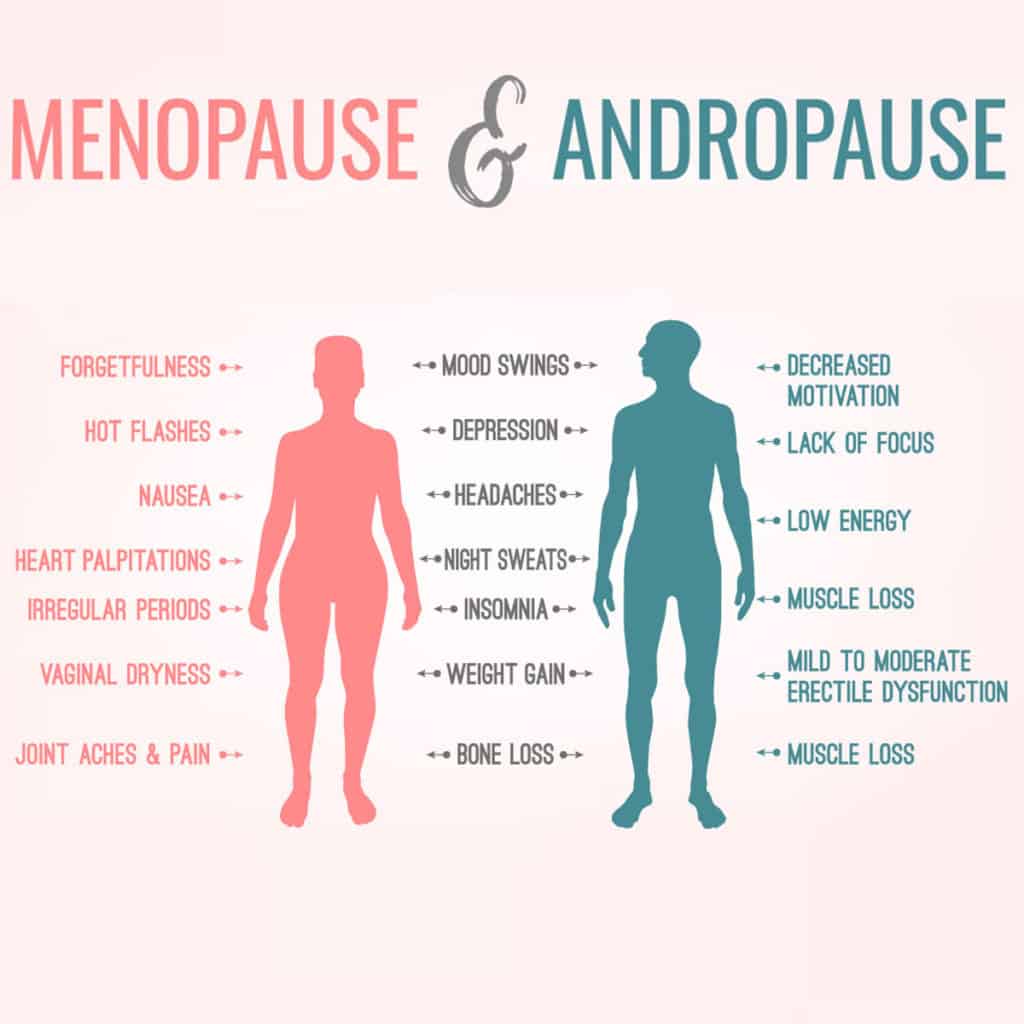Hormone replacement treatment – Hormone replacement therapy (HRT) takes center stage in this comprehensive guide, providing readers with an in-depth exploration of its benefits, types, and considerations. HRT offers a wealth of health advantages, addressing a range of conditions and potentially improving overall well-being.
This guide delves into the intricacies of HRT, empowering individuals with the knowledge to make informed decisions about their health.
Throughout this guide, we will delve into the various types of HRT, examining their specific uses, delivery methods, and potential side effects. We will also explore the factors to consider when selecting HRT, emphasizing the importance of consulting with a healthcare professional and incorporating lifestyle changes to optimize its effectiveness.
Introduction to Hormone Replacement Treatment (HRT)
Hormone replacement treatment (HRT) is a medical intervention that involves the administration of hormones to compensate for the declining levels of natural hormones in the body. It is primarily used to alleviate symptoms associated with menopause in women and andropause in men.
HRT can provide numerous benefits, including:
- Relief from hot flashes and night sweats
- Improved sleep quality
- Reduced risk of osteoporosis
- Enhanced mood and cognitive function
- Increased libido
Types of HRT
There are various types of HRT available, each tailored to specific needs and preferences:
- Estrogen-only HRT:Used for women who have had a hysterectomy and no longer have a uterus.
- Estrogen-progestin HRT:Used for women who still have a uterus to protect against endometrial cancer.
- Testosterone HRT:Used for men with low testosterone levels to improve sexual function, mood, and bone density.
Benefits of Hormone Replacement Treatment

Hormone replacement therapy (HRT) is a medical treatment that involves the administration of hormones to alleviate symptoms and improve overall well-being. It is primarily used to address hormonal imbalances caused by menopause, but it can also be beneficial for individuals with other conditions.
Alleviation of Menopausal Symptoms
HRT is highly effective in alleviating the symptoms of menopause, which can include hot flashes, night sweats, vaginal dryness, mood swings, and sleep disturbances. By replenishing the declining levels of estrogen and progesterone, HRT helps to regulate the body’s hormonal balance and alleviate these distressing symptoms.
Improved Bone Health
Estrogen plays a crucial role in maintaining bone density. During menopause, the decrease in estrogen levels can lead to bone loss and an increased risk of osteoporosis. HRT can help to prevent bone loss and reduce the risk of fractures by maintaining adequate estrogen levels.
Reduced Risk of Cardiovascular Disease
Estrogen has been shown to have beneficial effects on the cardiovascular system. It can improve cholesterol levels, reduce inflammation, and maintain the elasticity of blood vessels. As a result, HRT may reduce the risk of heart disease and stroke in postmenopausal women.
Potential Risks and Side Effects, Hormone replacement treatment
While HRT can be beneficial for many women, it is important to be aware of the potential risks and side effects associated with the treatment. These may include:
- Breast cancer: HRT has been linked to an increased risk of breast cancer, particularly in women who use estrogen-only therapy or take HRT for extended periods.
- Blood clots: HRT can increase the risk of blood clots, especially in women with a history of clotting disorders.
- Stroke: HRT may slightly increase the risk of stroke, particularly in women who are over 60 years old or have other risk factors for stroke.
- Other side effects: HRT can also cause side effects such as nausea, vomiting, headaches, and mood changes.
It is important to discuss the risks and benefits of HRT with a healthcare professional before starting treatment. They can help determine if HRT is right for you and monitor your progress to ensure the treatment is safe and effective.
Types of Hormone Replacement Therapy
Hormone replacement therapy (HRT) can be categorized into different types based on the hormones used, delivery methods, and specific uses. The following table provides an overview of the various types of HRT available:
| Type | Hormones Used | Delivery Method | Common Uses |
|---|---|---|---|
| Estrogen-only HRT | Estrogen | Oral tablets, transdermal patches, vaginal creams | – Relief of menopausal symptoms (e.g., hot flashes, vaginal dryness)
|
| Progestin-only HRT | Progestin | Oral tablets, intrauterine devices (IUDs) | – Prevention of endometrial hyperplasia in women taking estrogen-only HRT
|
| Combined HRT | Estrogen and progestin | Oral tablets, transdermal patches, vaginal rings | – Relief of menopausal symptoms
|
| Bioidentical HRT | Hormones that are chemically identical to those produced by the body | Oral tablets, transdermal creams, pellets | – Relief of menopausal symptoms
|
Specific Examples:
- Estrogen-only HRT: Premarin (conjugated equine estrogens), Estrace (estradiol)
- Progestin-only HRT: Provera (medroxyprogesterone acetate), Mirena (levonorgestrel-releasing IUD)
- Combined HRT: Prempro (conjugated equine estrogens and medroxyprogesterone acetate), Climara Pro (estradiol and levonorgestrel)
- Bioidentical HRT: Bi-Est (estradiol and estriol), Prometrium (progesterone)
Considerations for Hormone Replacement Therapy

Choosing hormone replacement therapy (HRT) is a significant decision that requires careful consideration of several factors. It is essential to consult a healthcare professional to discuss the potential benefits and risks of HRT and determine if it is the right option for you.
In addition to medical considerations, lifestyle changes can play a crucial role in optimizing the effectiveness of HRT. These changes include maintaining a healthy diet, engaging in regular exercise, and managing stress.
Consulting a Healthcare Professional
Before starting HRT, it is crucial to consult a healthcare professional, such as a doctor or nurse practitioner. They will evaluate your medical history, perform a physical exam, and discuss your symptoms and goals. This consultation will help determine if HRT is appropriate for you and which type of HRT is most suitable.
Lifestyle Changes
Lifestyle changes can complement HRT and enhance its effectiveness. These changes include:
- Maintaining a Healthy Diet:A balanced diet rich in fruits, vegetables, and whole grains can support overall health and well-being during HRT.
- Engaging in Regular Exercise:Exercise helps improve circulation, reduce stress, and maintain a healthy weight, which can all benefit individuals undergoing HRT.
- Managing Stress:Stress can worsen symptoms related to hormone imbalances. Finding effective stress management techniques, such as yoga, meditation, or spending time in nature, can help improve overall health and well-being.
Monitoring and Follow-up for Hormone Replacement Therapy: Hormone Replacement Treatment

Regular monitoring and follow-up appointments are crucial for ensuring the safety and effectiveness of hormone replacement therapy (HRT). These measures allow healthcare providers to assess the patient’s response to treatment, monitor for potential side effects, and make necessary adjustments to the treatment plan.
Monitoring procedures for HRT typically include:
- Physical exams:These exams allow healthcare providers to assess the patient’s overall health and check for any changes that may be related to HRT, such as changes in blood pressure, weight, or breast tenderness.
- Blood tests:Blood tests can measure hormone levels, liver function, and other markers that can provide information about the effectiveness and safety of HRT.
- Mammograms:Mammograms are X-ray images of the breasts that can be used to screen for breast cancer. Women who are receiving HRT may need more frequent mammograms to monitor for any changes in breast tissue.
- Bone density scans:Bone density scans can measure the density of bones and can be used to assess the risk of osteoporosis, a condition that can be caused by low estrogen levels.
The frequency of follow-up appointments will vary depending on the individual patient and the type of HRT they are receiving. Generally, patients will be seen every 3-6 months for the first year of treatment and then less frequently thereafter if everything is going well.
It is important for patients to keep all of their follow-up appointments and to communicate any changes in their health or side effects they are experiencing to their healthcare provider. Regular check-ups and open communication with healthcare providers are essential for ensuring the safety and effectiveness of HRT.
FAQ Corner
What are the potential benefits of hormone replacement therapy?
HRT offers a range of benefits, including alleviating menopausal symptoms such as hot flashes and night sweats, reducing the risk of osteoporosis, and potentially improving mood and cognitive function.
Are there any risks or side effects associated with hormone replacement therapy?
HRT may carry certain risks and side effects, such as an increased risk of blood clots, stroke, and certain types of cancer. It is essential to discuss these potential risks with a healthcare professional before starting HRT.
How long can I expect to take hormone replacement therapy?
The duration of HRT varies depending on individual needs and circumstances. Some individuals may take HRT for a short period to alleviate specific symptoms, while others may take it for several years or even longer.
Can I take hormone replacement therapy if I have a history of certain medical conditions?
Certain medical conditions may affect the suitability of HRT. It is crucial to disclose your complete medical history to your healthcare professional before starting HRT to determine if it is the right choice for you.